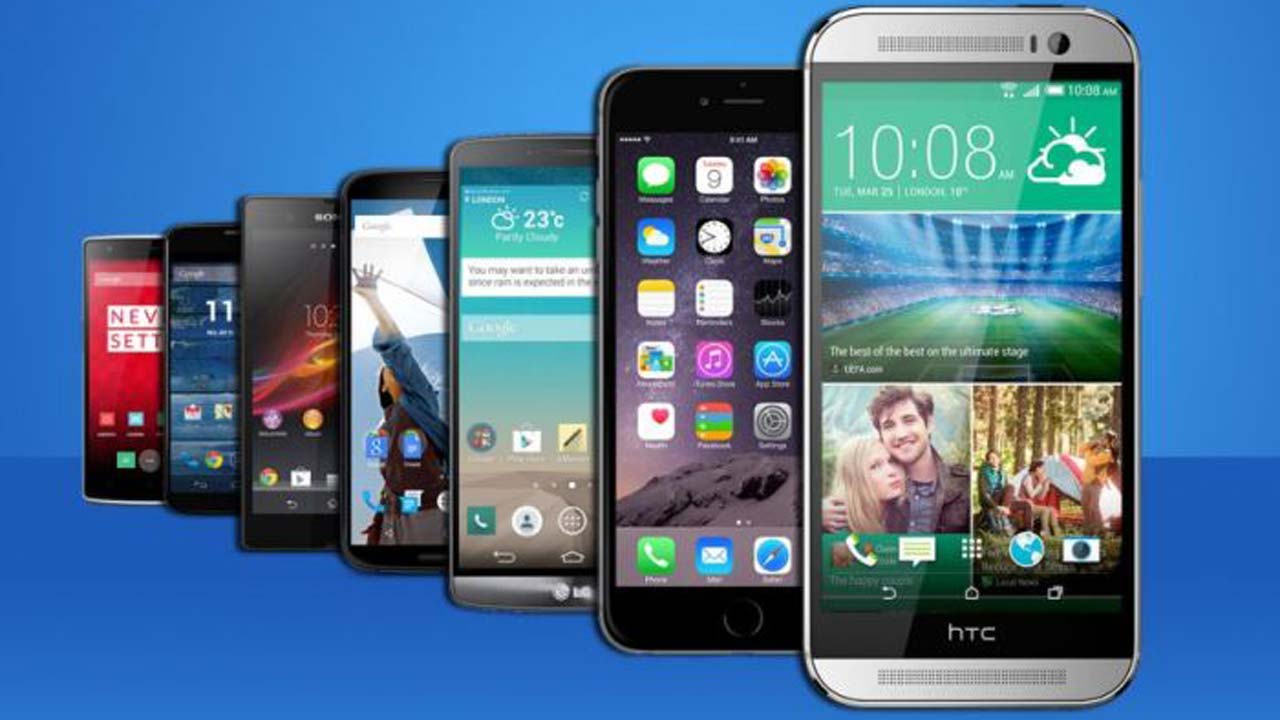
More mobile phones have entered Nigeria as the Nigerian Communications Commission (NCC) typed-approved handsets in the country hit 2,197.
The devices, which are of different brands and models, are those that have been tested by the telecoms regulator and found to meet the applicable type-approval standards required to allow them to be sold to consumers in Nigeria.
As of the last updates in 2023, there were 2,155 type-approved phones which means about 42 new handsets have been approved by the NCC.
Going by this approval, the Chinese mobile manufacturers are still dominating the market in the country in terms of approved devices.
For instance, phone brands under Transsion Group comprising Tecno, Infinix and iTel currently have the largest number of devices in the market. Market insight showed that the Chinese brands control almost 80 per cent of the mobile device market in Nigeria.
The NCC on several occasions has warned Nigerians not to buy any phone that has not been certified for the market by the regulator.
The NCC is empowered by the Nigerian Communications Act 2003 to establish and enforce standards for all telecommunications equipment in operation in Nigeria to ensure that they operate seamlessly and safely within the Nigerian telecommunications environment.
However, despite the regulatory efforts, thousands of unapproved phone brands are still being sold across the country, further deepening the gray market.
“The menace of counterfeit and substandard handsets has assumed a global dimension and requires a lot of education on the part of the consumers and collaboration with other government agencies to address it.
“Cases of influx and patronage of counterfeit handsets are more rampant in developing countries, such as Nigeria, where importers bring in substandard phones without recourse to the regulatory type-approval process aimed at certifying such devices as fit for the market,” NCC noted.
Meanwhile, the African market recorded a 12 per cent growth year-on-year in smartphone shipments in the third quarter of 2023 amid challenges in the economy.
According to the data from Canalys, a total of 17.9 million units of smartphones were shipped to the continent in the period under review.
This came despite the macroeconomic challenges, import restrictions, and volatile currencies in key markets.
For the same period, the global smartphone market declined by one per cent according to Canalys.
The Canalys report showed that Transsion, the mobile group maintained its leading position, and achieved nine per cent yearly growth, securing a dominant 48 per cent market share in the region.
The report noted that the company is strategically expanding its footprint, especially in emerging markets, focusing on price bands below $100.
Samsung, hit by a 13 per cent decline due to challenges in its mid-to-high-end devices, retained second position with a 26 per cent market share.
Commenting on the report, Canalys Senior Consultant, Manish Pravinkumar, noted that the African market has demonstrated strong resilience in demand and supply amid macroeconomic challenges.
“Despite rapid currency devaluation, South Africa’s smartphone market exhibited a remarkable growth of 20 per cent. This surge was fueled by the demand for entry-level devices, particularly catering to the extensive pre-paid segment.
“Additionally, mid-tier devices experienced heightened demand, the prevalence of load-shedding contributed to this trend, as people increasingly prioritize smartphones with quality screens and robust battery life to keep them entertained during power outages. Nigeria’s smartphone market expanded substantially, with Transsion playing a pivotal role by offering entry-level devices and Xiaomi successfully positioning itself as an aspirational brand for many consumers, gaining popularity with products such as the Redmi series A2, Note 12 4G, 12, and 12C.
A strategy was also successful for Xiaomi in North African countries such as Egypt and Morocco. Egypt experienced double-digit 19 per cent growth in smartphone shipments, signalling vendors have successfully addressed the challenges posed by strict import restrictions in the previous year,” he said.






